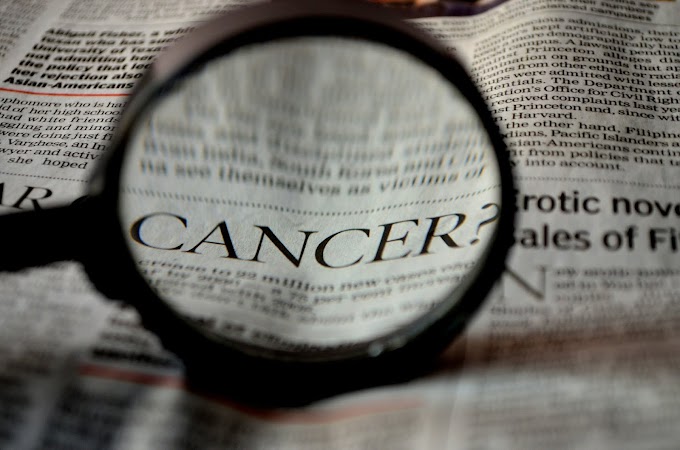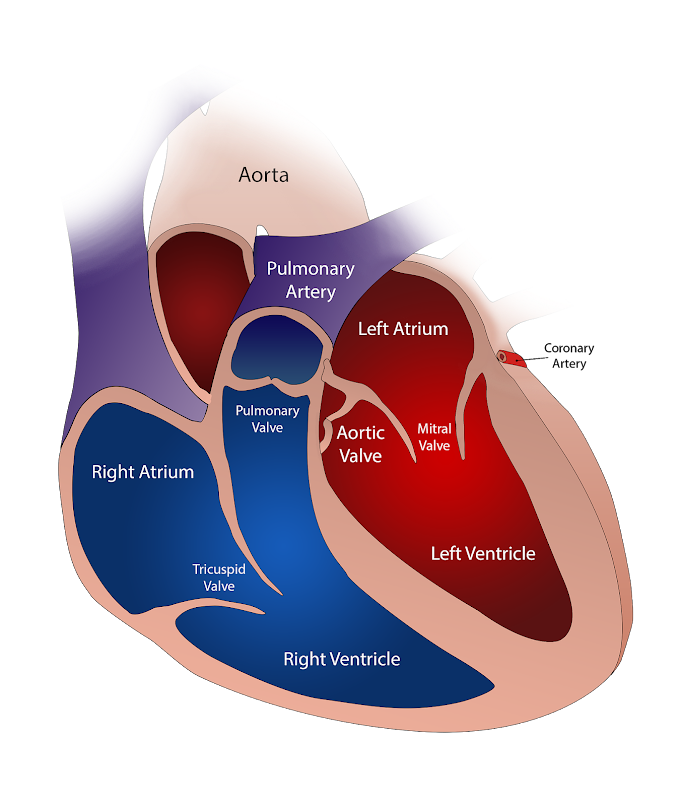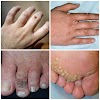SYMPTOMS
Abdominal
pain, back pain, pelvic pain, constipation, bladder problems, bleeding between
periods, very painful menstrual cramps, and the passing of large clots and
shreds of tissue during the menses. In 30% of the cases, there are no symptoms.
Iron anemia commonly occurs.
CAUSES
Tissue cells,
which appear to be like those in the endometrium (the lining of the uterus),
are able to grow elsewhere in the abdominal cavity: the ligaments, ovary,
bladder, rectum, bowel, appendix, etc. They rarely occur outside the pelvic
area. These tissue implants, wherever they settle in the body, will be affected
by estrogen and will bleed during the monthly.
Endometriosis is generally diagnosed
between 30 and 40 years of age. About 25%-30% of white women have it; but
blacks rarely do have this. There is a hereditary
factor, passing from mother to daughter.
The problem lessens during pregnancy and
lactation: and sometimes does not return. But, more often, it does return and
continues until menopause; after
which time, it becomes inactive, though scar tissue remains (unless hormone replacement therapy is done
after menopause).
A frequent result of endometriosis is the
inability to become pregnant. Many women who have the disorder have never been
pregnant. Tampons reduce the
internal flow and can increase the likelihood of developing or increasing the
implants. They also increase pain and cramping. A hysterectomy will not solve
the problem if implants have occurred elsewhere in the pelvic region.
When internal
fetal monitors are placed in an expectant mother, the chances of later
developing endometriosis are increased threefold.
Avoiding sexual activity during menstruation reduces the risk of developing
this disorder.
NATURAL REMEDIES
DIET
- The diet must also be improved. A simple, nourishing diet of fruits, vegetables, whole grains, legumes and nuts (supplemented with vitamins and minerals) strengthens the body. Eat much raw food; it is high in fiber. Drink carrot juice daily. Flax-seed oil (2 tsp. daily) should be your only oil source.
- A B-vitamin supplement, vitamin C (1,000- 2,000 mg), and vitamin E (400-800 IU) are important. Also needed is calcium (2,000 mg) and magnesium (1,000 mg; to reduce nervous tension), and potassium (5,500 mg).
- Do not use caffeine products; for this aggravates the pain. A diet that is high in sugar and white flour products contributes to endometriosis.
- Eliminate foods containing hormones and antibiotics; since they upset the natural balance in the body and can lead to endometriosis, such foods include meat and dairy products (including eggs).
- Hot and cold sitz baths, for 20-30 minutes at a time, help reduce congestion. Another help is a hot footbath for 30 minutes. Conclude either treatment with a cold mitten friction.
- Hot fomentations to the lower abdomen are helpful;
and, it reported, when this is done faithfully, there frequently is complete
remission.
- An ice bag, hot-water bottle, or heating pad may be placed on the lower abdomen or back.
OTHER HELPS
- Fast for 3 days (on distilled water and
fresh fruit and vegetable juices) each month before the anticipated beginning
of the menstrual period.
- Helpful herbs include black cohosh (to balance hormones), Echinacea and golden-seal (to eliminate infections), cayenne (to stop bleeding), and burdock (to cleanse the blood).









1 Comments
I started on COPD Herbal treatment from Ultimate Life Clinic, the treatment worked incredibly for my lungs condition. I used the herbal treatment for almost 4 months, it reversed my COPD. My severe shortness of breath, dry cough, chest tightness gradually disappeared. Reach Ultimate Life Clinic via their website www.ultimatelifeclinic.com . I can breath much better and It feels comfortable!
ReplyDelete